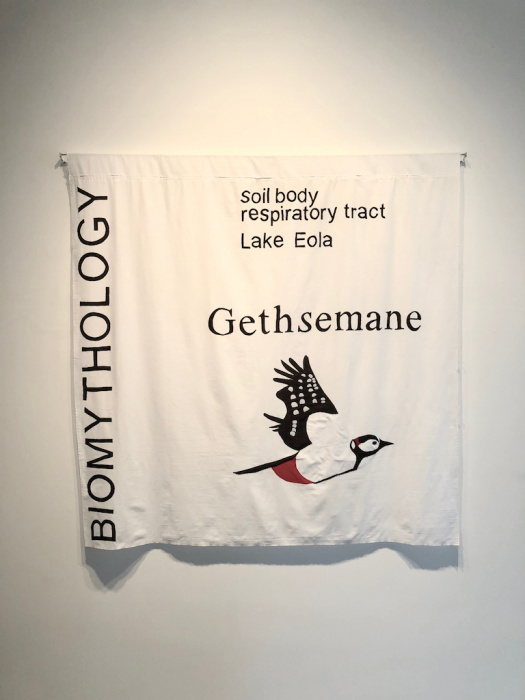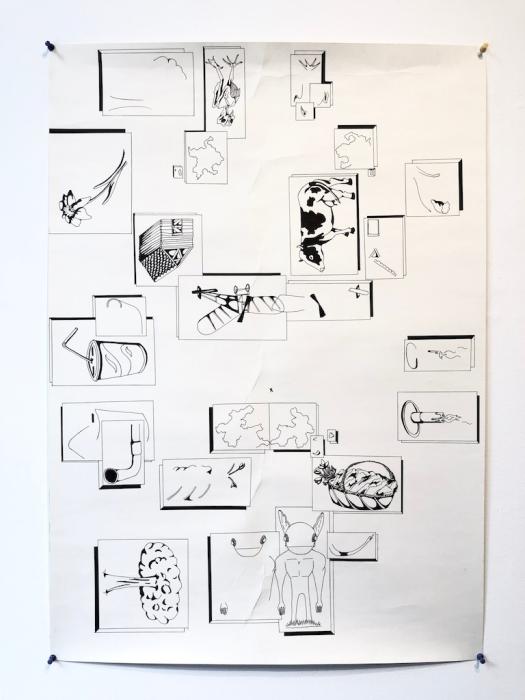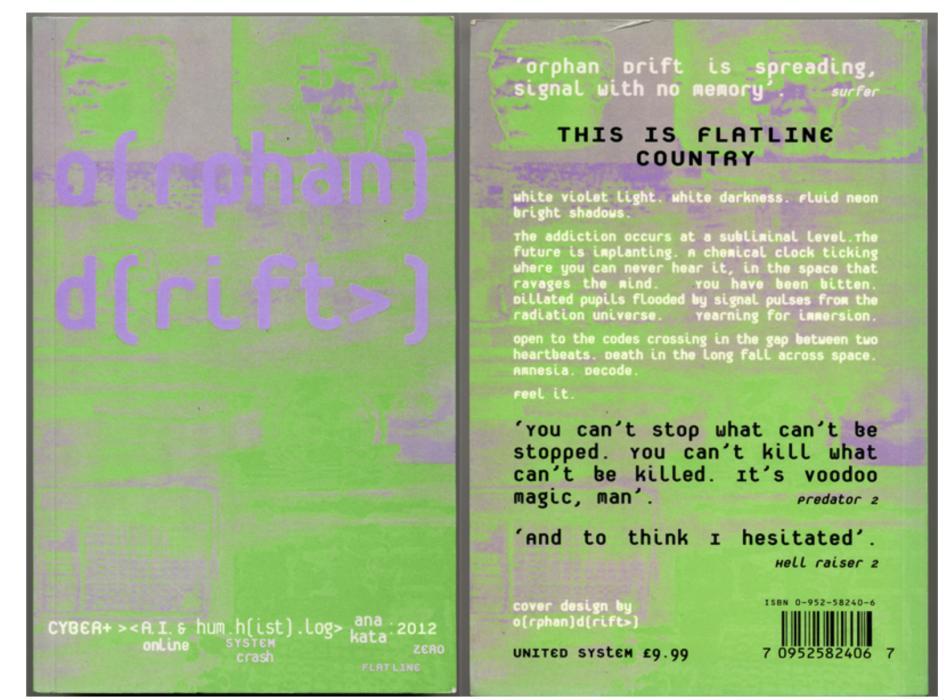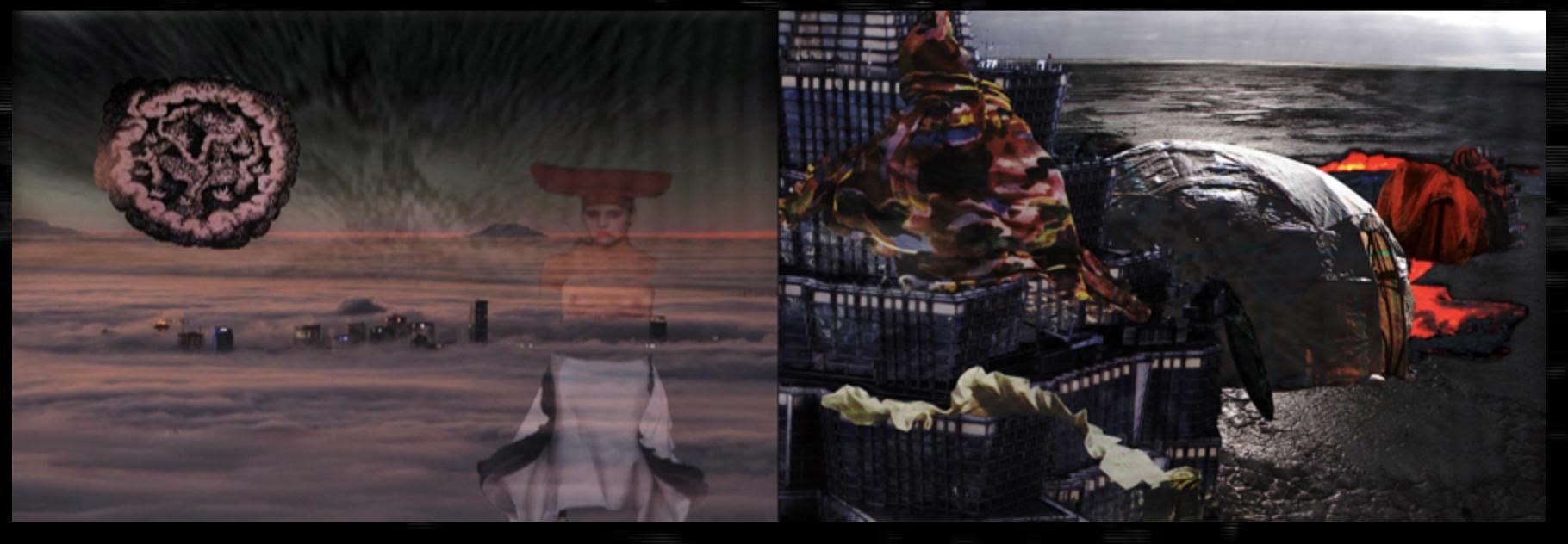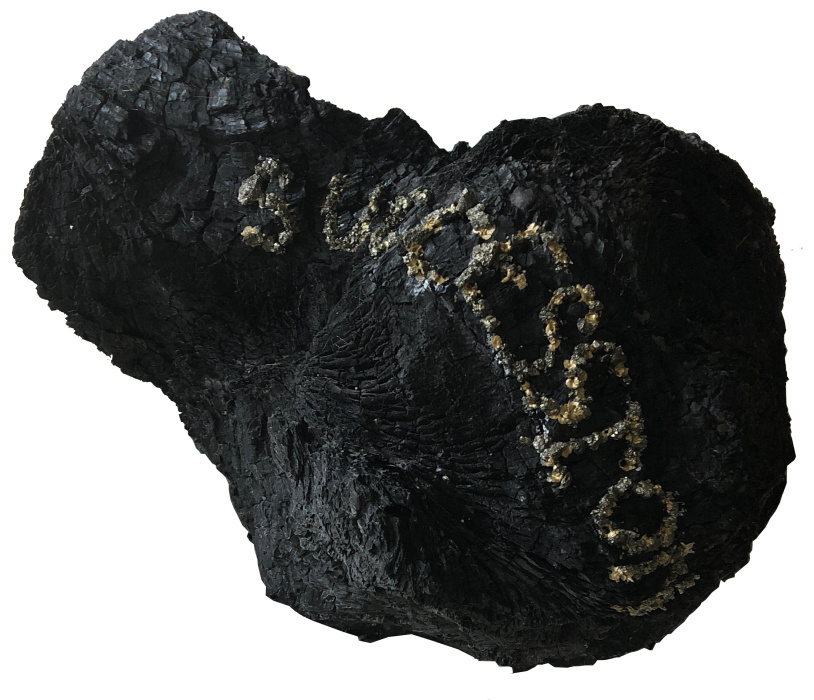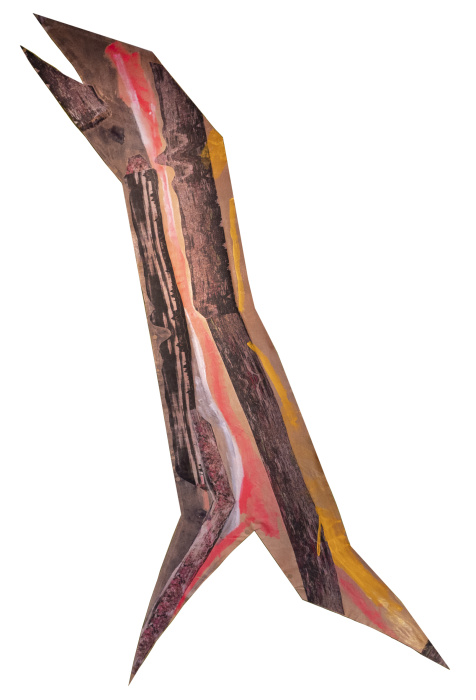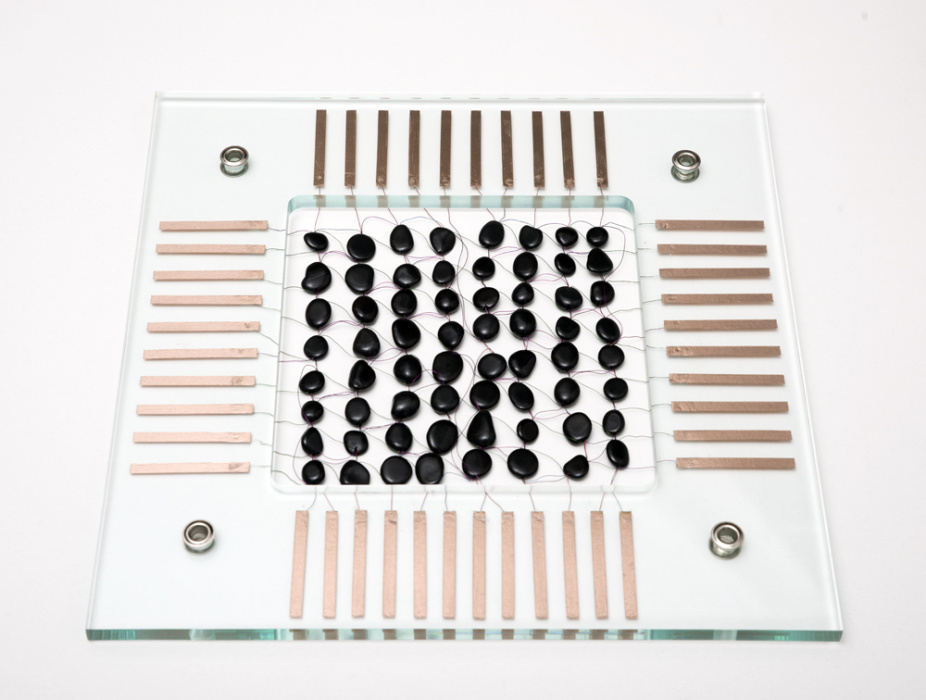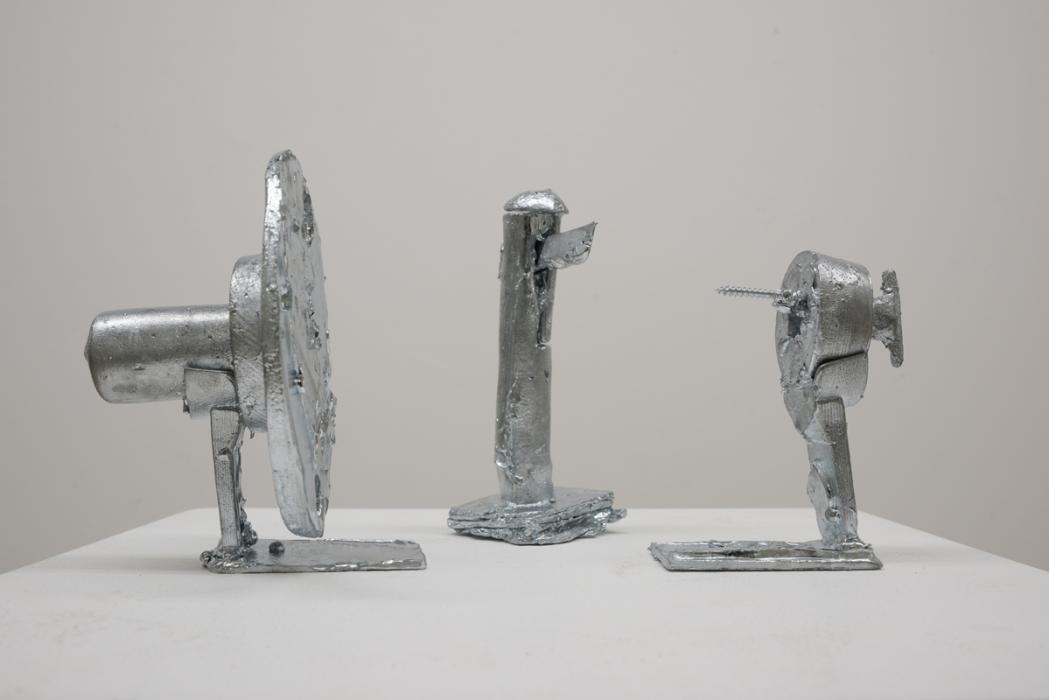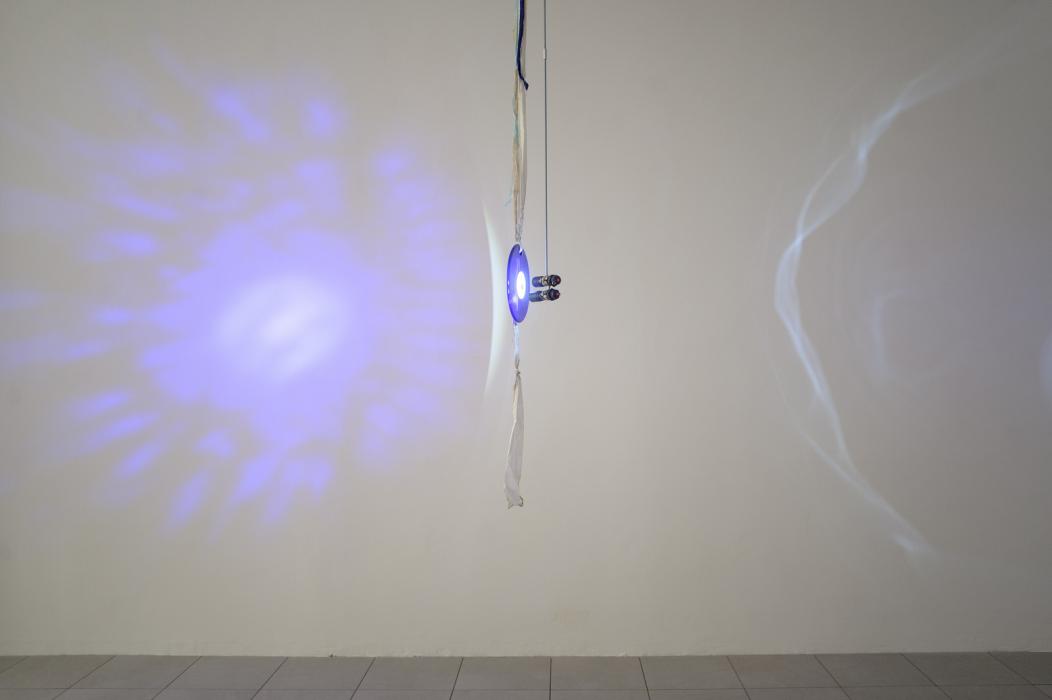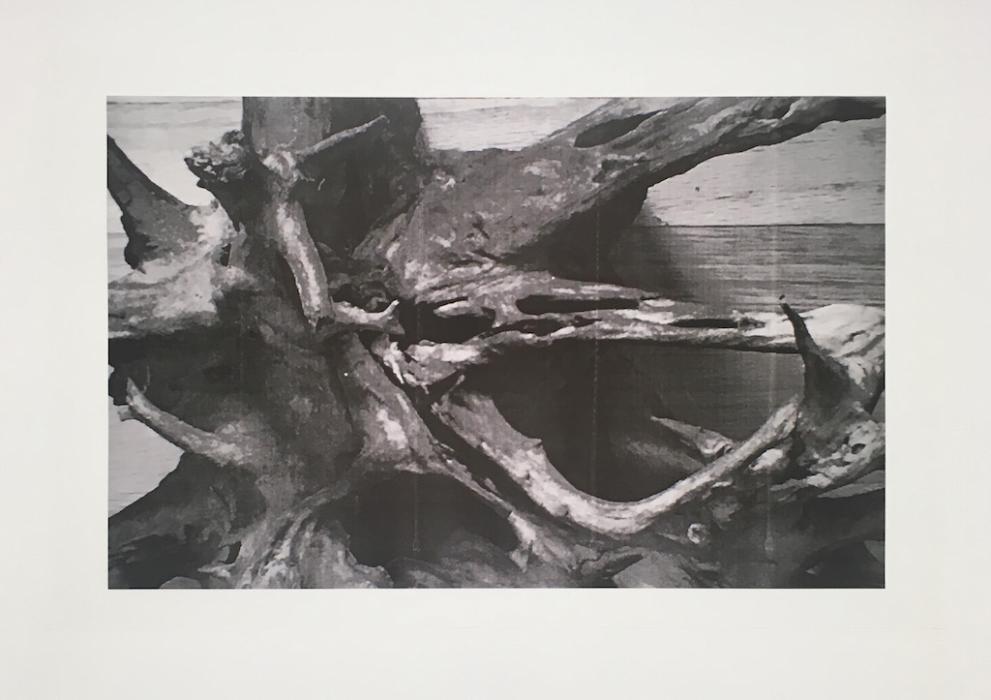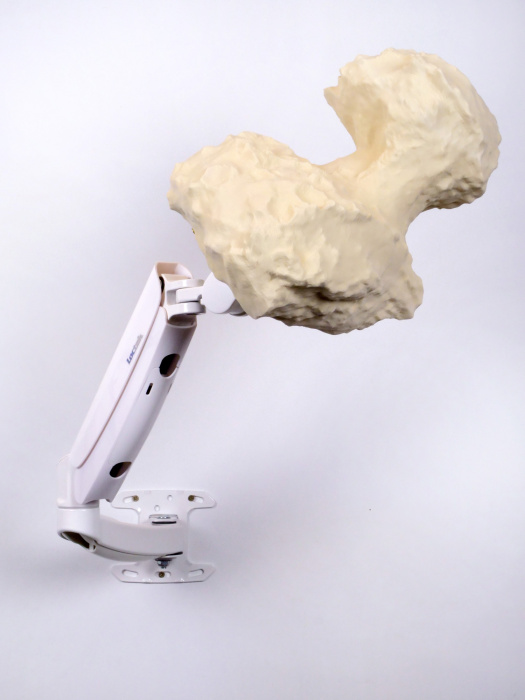"Speculative Frictions" makes what poet Joan Retallack refers to as a "poethical wager" on the "Experimental Feminine" or open-ended research into the unintelligible as opposed to the hypothesis-driven scientific method (masculine) research that stakes out its end position (the hypothesis to be supported—or not—by empirical data) before it begins. Scientists, that is, “strategically ask only answerable questions.” The experimental feminine is, by contrast, “all that is not business as usual and vice versa.” This wager is guided by what Retallack calls a feminine dyslogic, what we will call rather an extra-logic or “the need to operate outside official logics—[which] is essential because official logics exist to erase any need to operate outside official logics, i.e., the feminine.” This erasure is not unrelated to the structural oppression of Federico Campagna’s Technic, and to it can be opposed, as he writes, forms of what he calls Magic.
Against both the brutalities of the current economic/political landscape and against the easy capitulations of accelerationist theoretical positions, can we speculate freely that many worlds are possible? Can we prototype aspects of futures in manners micro and macro, sci-fi and organic, practical and im-? And of course, what does it mean to ask questions such as these in this venue?
The speculations of these artists include tools, propositions, juxtapositions, situations, writing (and writing as in coding) worlds, or wrighting in a way that leverages spaces to be found in the cracks in the continually reforming edifice of patriarchal capitalism. Their work is grounded in various forms and methods of research, from experiential, material, and lab-based to historical to lateral or serendipitous Google searches and YouTube tutorials. This is a DIY, punk, pragmatism that says yes, we take what we will from existing ways and means (to include deprecated), but also perhaps our way is as good as any.
We are learning all the time.
